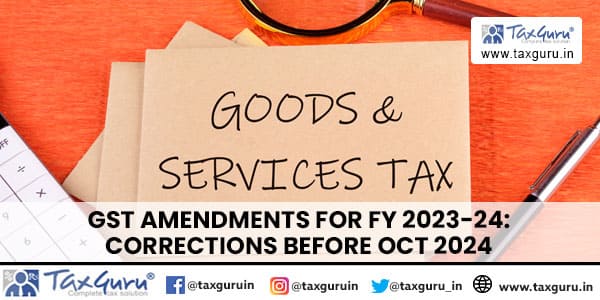The International Accounting Standards Board (IASB) on Wednesday flayed India’s dilly-dallying on implementing global accounting norms IFRS and said that it is undermining the country’s global standing. “New Delhi needs to curb its anxiety to be different and stop mongering about the many unsubstantiated differences and instead should get into an honest dialogue with the IASB,” said Prabhakar Kalavacherla, a board member of the London-based IASB.
He was addressing the third International IFRS Summit 2011, organised by the CII, where global accounting practices major KPMG released a report titled ‘Transition to IndAS: Practical Insights.’
The India-born Kalavacherla said he wondered whether the country has had any research done to throw up so many divergent views, and using them as a reason for not adopting the IFRS and instead opting for a convergence of the domestic accounting standards with the global norms.
“If New Delhi is ready to sit down and honestly discuss its divergent views, IASB will only be happy to change its views,” he said, adding, “New Delhi has to explain in details as to why you are dissenting from the original IFRS.”
Stating that those countries and companies which adopted IFRS have already gained from the point of view of cost of their book keeping, he said it makes better sense for to adopt and not converge.
Pointing fingers at the number of ‘carve-outs’ — 35 according to the February 25, 2011 notification from the Corporate Affairs ministry, Kalavacherla wondered whether any serious analysis was done before making these modifications.
The carve-outs are the modifications the government accepted to the individual IFRS requirements to meet the domestic requirements, and notified in the final Ind AS (Indian accounting standards).
The least what the government could have done or can still do, he said, is to give the option to the corporates to voluntarily adopt the original IFRS and not impose a semi-baked one. Japan, the US and Canada (which has already announced full adoption from next year) have all given this freedom to companies to adopt these standards, he pointed out.
“What is lacking is sincere participation on the part of India and I urge you to do so, so that the voice of India or what you call the soft-power, can be heard internationally. India needs to participate more honestly and with robust interest in international matters,” he said and pointed out that Malaysia and Singapore have gained immensely with their open dialogues.
“It will be sad for Indians to hear that Malaysia and Singapore lead in international debate on IFRS and not India, he said. “Give a chance at full adoption, then we can say five years down the line, can review and revert if need be to the original. But that readiness is not forthcoming from your side now,” he said.
Countering some of the barbs of Kalavacherla, National Advisory Committee on Accounting Standards (Nacas) chairman MM Chitale said India believes in following the principles that enables practical processes, and not a blind adoption of principles without looking at the implementational and practical side of them.
The Nacas is the umbrella advisory body straddling between the government, industry and the various accounting practitioners bodies.
“The IFRS is nothing but the grammar of the accounting language which we use to communicate to businesses and to different stakeholders. The principles for the same have to be practice-based, and once set, the principles have to drive the practice,” Chitale said, and stressed on the need for the right principles to set the right standards. However, he said
he is all for its implementation.
On the issue of carve-outs, Chitale stressed that there are essentially 13 points of differences between the Indian accounting system and the global IFRS.
He again stressed that the standards set so far under the Ind AS, which is a derivative of the IFRS and the old accounting system, need to begin implementation which can then be modified as times goes by to suit the needs of the industry and the world at large.
TCS chief financial officer S Mahalingam, who is also the chairman of the CII panel on IFRS, said the domestic industry is gearing up the implementation of the IRFS, and called for early ironing out of taxation issues for proper convergence of IndAS a step towards the final adoption of the global IFRS standard.
“Its high time that the country sets a timeline for the implementation of standards,” Mahalingam said, adding that to keep step with the world, “we have to do accounting like the rest of the world”.
He stressed that despite the amount of work and different accounting standards that have been sorted out, there are many issues that the nation and its corporate entities need clarity on.
“We will integrate to global standards and though we have been planning for years, the final steps will require micro management. The attempt is to bring all key agencies together for this convergence,” he concluded.


























